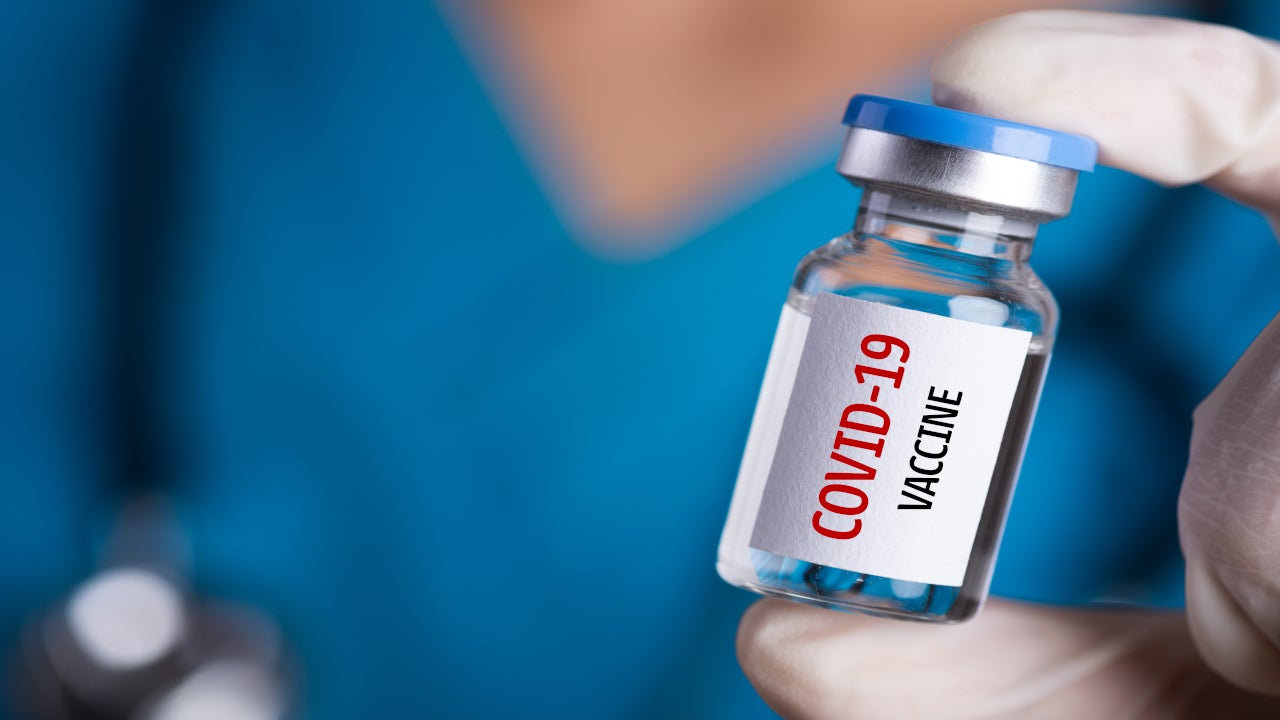A South Africa-based Phase IIIb observational study of Johnson & Johnson’s single-jab Covid-19 vaccine JNJ-78436735 has enrolled at least 18,000 healthcare workers out of its 500,000 target since Wednesday (17 February), said Glenda Gray, South African Medical Research Council (SAMRC) president.
Recruitment is likely to be swift due to huge demand from healthcare workers, as they are seven times more likely to be infected with SARS-CoV-2 than the public, she added.
The Phase IIIb has significant bearing on the Covid-19 vaccine development race because there is clinical trial data showing the SARS-CoV-2 variant first detected in South Africa, B.1.351, has a negative efficacy impact on the current Covid-19 vaccines.
Due to the speed at which Covid-19 vaccines have been investigated in their respective registrational trials, post-authorisation observational studies add more weight to the available data. For example, there has been significant interest from the vaccine industry and public about Pfizer/BioNTech’s Comirnaty’s (BNT162b2) post-authorisation efficacy data in Israel. JNJ-78436735 is yet to be authorised anywhere in the world.
The South African Phase IIIb Sisonke TOGETHER study, which is not listed on ClinicalTrials.gov, is an open-label, single-arm trial. It is investigating the effectiveness of single-jab JNJ-78436735 in preventing severe Covid-19, hospitalisations and deaths among healthcare workers compared with the unvaccinated public, according to the SAMRC website.
The growing presence of regional Covid-19 variants emphasises the need to examine the pandemic response from a global perspective, a J&J spokesperson said. The study is being run in a collaboration between SAMRC, Desmond Tutu Health Foundation, Centre for the AIDS Programme of Research in South Africa (CAPRISA) and J&J, according to the trial website.

US Tariffs are shifting - will you react or anticipate?
Don’t let policy changes catch you off guard. Stay proactive with real-time data and expert analysis.
By GlobalDataNews reports from 17 February state 80,000 vaccine doses arrived in South Africa on 16 February, with the first volunteer inoculated the next day. South Africa President Cyril Ramaphosa and Health Minister Zweli Mkhize were among the first to be vaccinated, with Mkhize noting as many as 380,000 healthcare workers have registered with the study. The study will initially be vaccinating from 18 centres, and will expand further in rural areas. South Africa has preordered nine million doses of JNJ-78436735.
South Africa initially planned to use University of Oxford/AstraZeneca‘s vaccine AZD1222, but this vaccine’s rollout was put on hold in favour of JNJ-78436735. A 7 February University of Oxford media statement shows two-dose AZD1222 provides minimal protection against mild-to-moderate Covid-19 from the B.1.531 variant. Viral neutralisation by sera induced by the B.1.531 variant was substantially reduced when compared to the original virus, based on data from 2,000 volunteers. News reports from 8 February show AZD1222 only has a 22% efficacy in mild-to-moderate disease. AZD1222 doses purchased by South Africa will be distributed across African Union member states with interest in the vaccine and without the B.1.351 variant.
The Phase III ENSEMBLE trial investigating single-jab JNJ-78436735 reported the level of protection against moderate-to-severe Covid-19, the trial’s primary endpoint, was 57% in its South African cohort. This is lower than the 72% seen in the US cohort and 66% in the Latin American cohort, according to a 29 January media release.
On 12 January, this news service reported the reason why JNJ-78436735 has lower efficacy in South Africa may not only be due to the B.1.531 variant, but also due to the vaccine’s human adenovirus type 26 vector (Ad26). There is high seroprevalence in Africa for Ad26, which means the public may have a pre-existing antivector response against the vaccine, dampening its efficacy.
J&J has initiated a rolling submission with South African Health Products Regulatory Authority, according to the SAMRC website. On 4 February, J&J announced it had filed for an Emergency Use Authorization to the FDA for a single-dose schedule, with a Vaccines and Related Biological Products Advisory Committee (VRBPAC) meeting scheduled for 26 February.
On 16 February, the company announced it had applied to the EMA for a Conditional Marketing Authorization, and three days later (19 February), it had also applied to the World Health Organization for emergency use.
Reynald Castaneda is Associate Editor for Clinical Trials Arena parent company GlobalData’s investigative journalism team. A version of this article originally appeared on the Insights module of GlobalData’s Pharmaceutical Intelligence Center. To access more articles like this, visit GlobalData.





